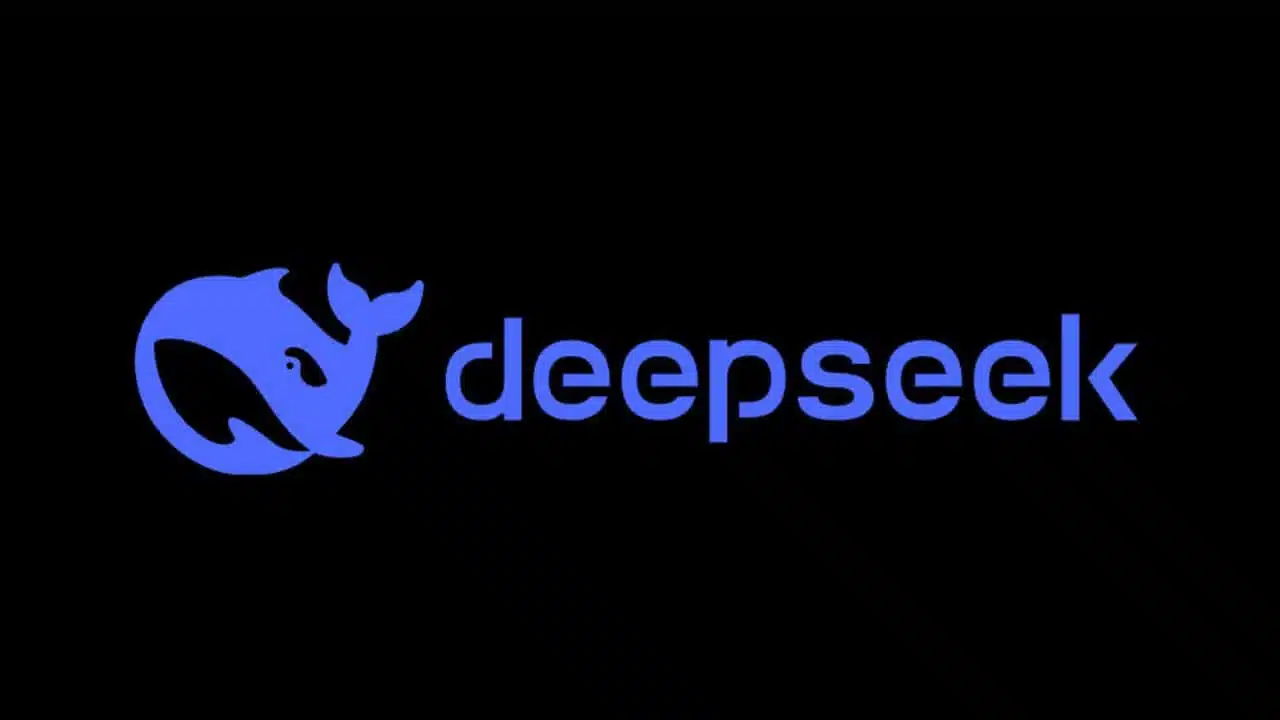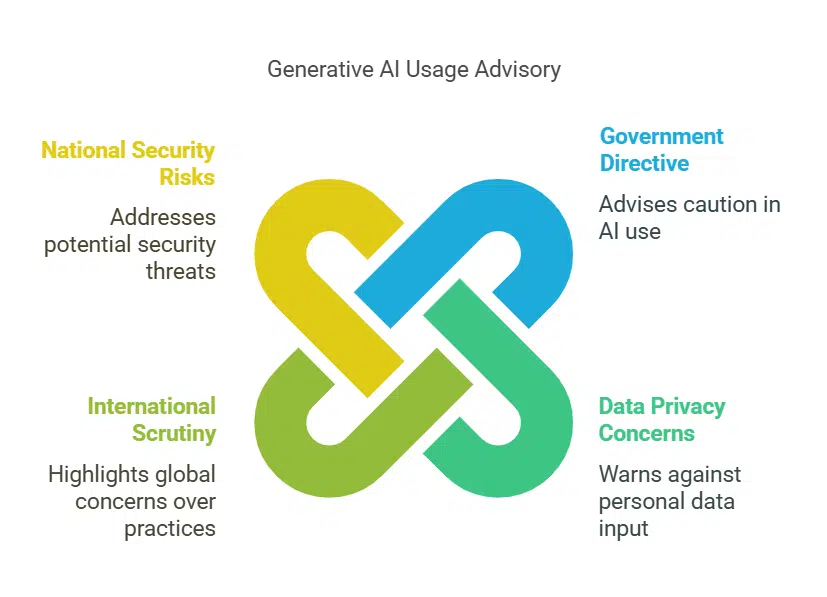On February 5, 2025, South Korea’s Ministry of Foreign Affairs, Ministry of National Defense, and Ministry of Trade, Industry and Energy imposed a ban on the use of the Chinese artificial intelligence model DeepSeek. This decision stems from apprehensions about potential leaks of sensitive information. The Ministry of National Defense has specifically blocked access to DeepSeek on military internet-connected computers, citing “numerous technical concerns.” Other ministries have enacted similar restrictions on devices connected to external networks.
Directive from the Ministry of the Interior and Safety
This move follows a directive issued on February 4 by the Ministry of the Interior and Safety, which advised central government agencies and 17 provincial governments to exercise caution when using generative AI models like DeepSeek and ChatGPT. The directive specifically warned against inputting personal information and cautioned against fully trusting AI-generated results.
DeepSeek has faced international scrutiny due to its data collection practices. Cybersecurity experts have raised alarms about the potential for user information to be transmitted to Chinese state-owned entities. For instance, Ivan Tsarynny, CEO of Feroot Security, discovered that DeepSeek’s website embeds software capable of transmitting user login details to China Mobile, a state-owned telecoms company previously sanctioned by the U.S. for its military links. In response to these concerns, countries like Australia and Taiwan have banned DeepSeek from government devices, citing national security risks.
Private Sector Response in South Korea
The apprehensions surrounding DeepSeek have extended to South Korea’s private sector. Organizations such as Korea Hydro & Nuclear Power and KEPCO Plant Service & Engineering have announced internal bans on the use of DeepSeek. Additionally, tech companies like Kakao and LG Uplus have prohibited its use for work-related purposes. Major conglomerates, including Samsung, SK, and LG Electronics, have reportedly blocked access to external generative AI programs entirely.
Global Legislative Actions
In the United States, lawmakers have introduced the “No DeepSeek on Government Devices Act,” aiming to ban federal employees from using the Chinese AI app on government devices. The bipartisan effort, led by Reps. Josh Gottheimer (D-NJ) and Darin LaHood (R-Ill), cites national security concerns, highlighting the potential for the Chinese Communist Party to exploit the app for surveillance and misinformation. This initiative mirrors previous actions taken against apps like TikTok on federal devices.
South Korea’s decision to ban DeepSeek across key ministries underscores the nation’s commitment to safeguarding confidential data in the face of evolving technological threats. As generative AI services become more integrated into various sectors, ensuring information security remains a paramount concern for governments and organizations worldwide.






































